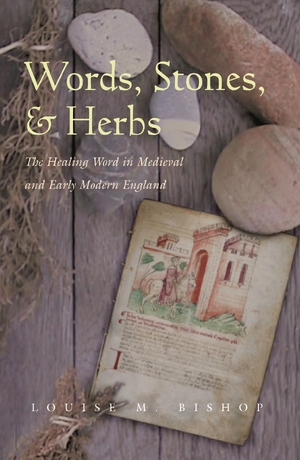"A cogent examination of select medieval texts that address the ability of words and objects to heal individuals. Though the book classes as literature rather than as religion, its subject matter is similar to that in Sarah Beckwith's Christ's Body: Identity, Culture, and Society in Late Medieval Writings and Ann Astell's Eating Beauty: The Eucharist and the Spiritual Arts of the Middle Ages in that all three authors ground their work in aspects of medieval Christian orthodoxy. The present study emphasizes the theological, semantic, and cultural analysis of literary and medical texts and makes clear the occasional overlapping themes in these textual spheres. Among the book's particularly noteworthy offerings are Bishop's erudite analysis of Galen's second-century CE medical writings and their influence on medieval texts and practices; her careful close reading of The Canon's Yeoman's Tale, from The Canterbury Tales, in which the dangers of vernacular reading and the epistemological and material constructs of alchemy are placed within the context of the effectiveness of healing; and her revelation of multiplicities of meaning behind certain Middle English words of healing, knowledge, science, and the human condition."—Choice
Description
Inspired by the profound literary history of healing, this compelling book explores the cognitive and physical effects of words in relation to the healing process. Drawing on research in cognitive linguistics applied to medieval linguistic and cognitive philosophy, Louise M. Bishop presents a highly original and prescient examination of the intersection between medical and literary texts.
The art of healing is treated from a point of view of words and context, social needs, cognitive presence, and the material presence. Carefully researched and powerfully argued, Words, Stones, and Herbs establishes that the power of words to produce cognitive and physical effects.
About the Author
Louise M. Bishop is associate professor of literature at the Robert D. Clark Honors College, University of Oregon. An award-winning teacher, she publishes on Middle English and early modern literature and teaches a broad range of classes and topics, ancient through postmodern, for both the Clark Honors College and the Department of English at the university.
Series: Medieval Studies
September 2022

